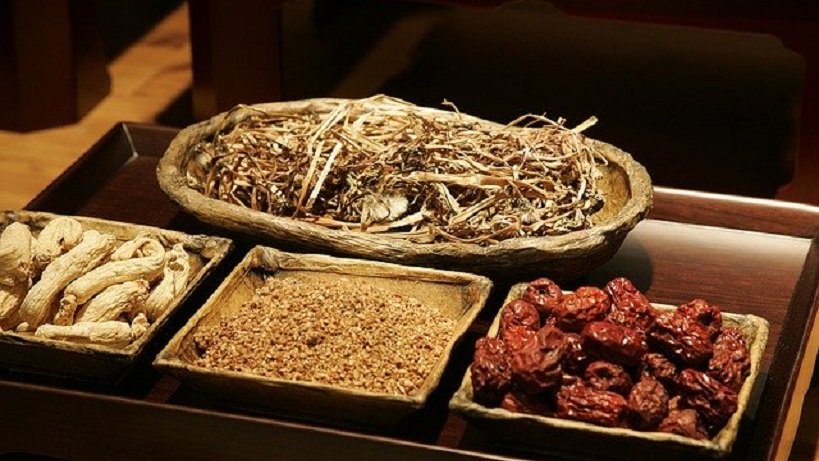Prof Yung Hou Wong
PhD in Pharmacology
Dean of Science
Chair Professor
Director of Molecular Neuroscience Center
Program Director of MSc Program in Biotechnology
Associate Director of Biotechnology Research Institute
Associate Director of Center for Aging Science
While an increase in average life expectancy is not necessarily a bad thing, an expanding elderly population does put pressure on the society, especially the healthcare system. According to the World Health Organization, around 50 million people in the world are living with dementia. As the number of people aged 60 or above worldwide is projected to reach 2 billion by 2050, the number of dementia cases is set to increase to 152 million which means someone in the world develops dementia every three seconds. Alzheimer’s disease (AD) is the most common type of dementia, in which the patients suffer from loss of cognitive function and memory. With no development of effective treatment in sight, modern medicine development is even said to be running into a bottleneck. Will we ever find a cure? It turns out the answer might not be so modern after all.
With nearly 7.7 million new cases emerging every year, there is an urgent need to find effective treatment but drugs available in the market can only slow down the progress and reduce symptoms. To move the development forward, Prof Yung Hou Wong begins his search of traditional Chinese medicine compound for Alzheimer’s treatment. The history of traditional Chinese medicine can be traced back thousands of years. It has a theoretical system formed through persistent practice and attempt, the experience and herbal compound are then passed down from generation to generation. While modern medicine tends to focus on the mechanism of action, traditional Chinese medicine places more emphasis on clinical practice. With thousands of active herbal compounds accumulated through the years, traditional Chinese herbal remedies have proven to treat various diseases successfully and safely including infections, allergies, and diabetes. However, due to the complexity of compound and the uniqueness of its philosophy, modernization of traditional Chinese medicine has long been a challenge for scientists.
Prof Wong and his team aim to identify compounds in traditional Chinese medicine which can effectively alleviate Alzheimer’s disease and modernize them to meet the demand of contemporary social development. Targeting Yang Xin Tang (養心湯), a traditional formula designed to treat seizures, infantile convulsion and stroke which contains many ingredients that are frequently used to remedy memory loss and anxiety, his team seek to look for scientific evidence to prove its therapeutic potential in treating Alzheimer’s through animal behavioural tests, ultimately develop proprietary Chinese medicine that can be widely used clinically and convenient for patient and general public.
